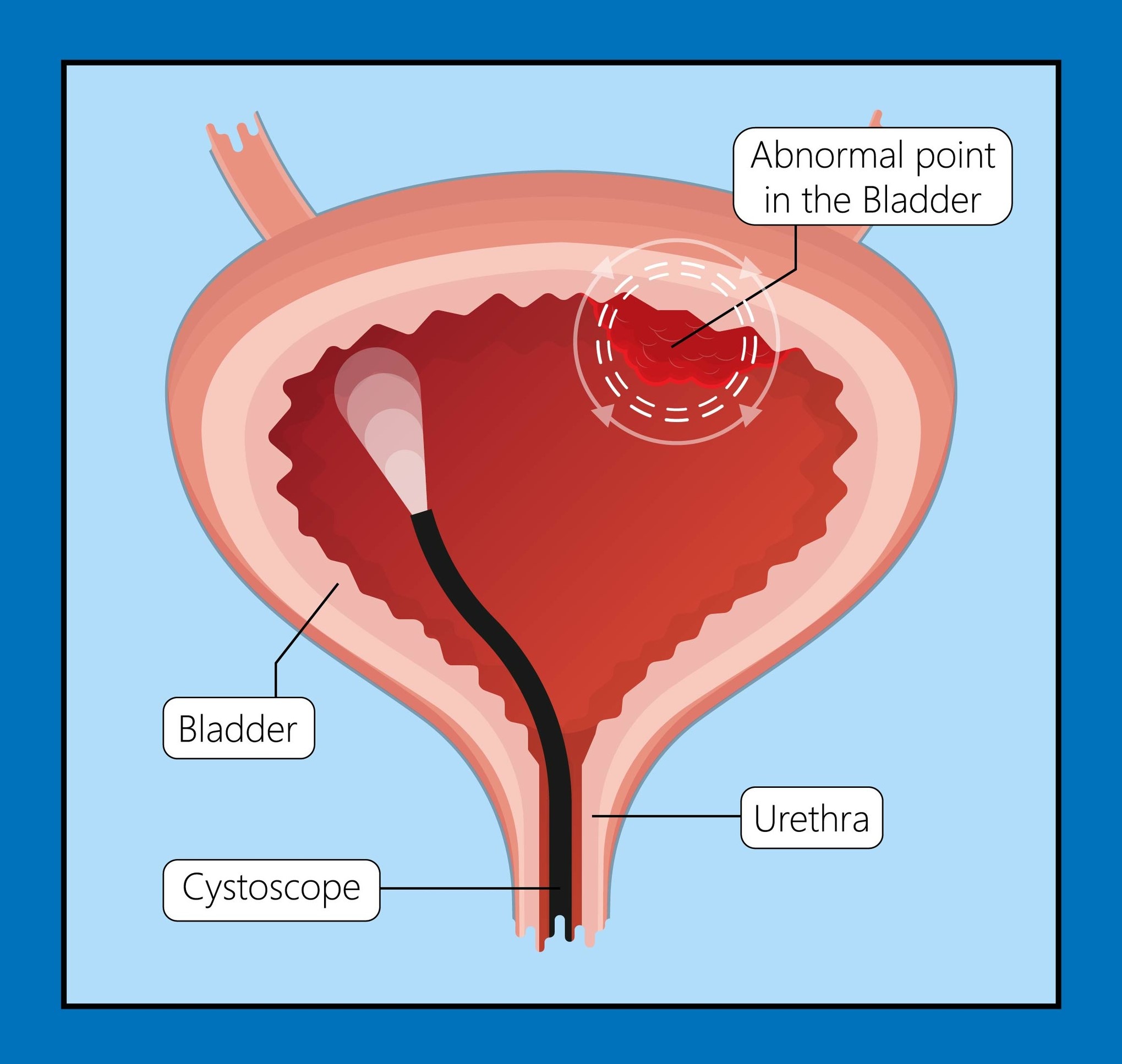Urinary Tract Infections (UTIs)
Urinary Tract Infections (UTIs) are very common, particularly as we age. They affect the urinary tract, including the bladder (cystitis), urethra (urethritis) or kidneys (kidney infection). UTIs may be treated with antibiotics, but they’re not always needed.

